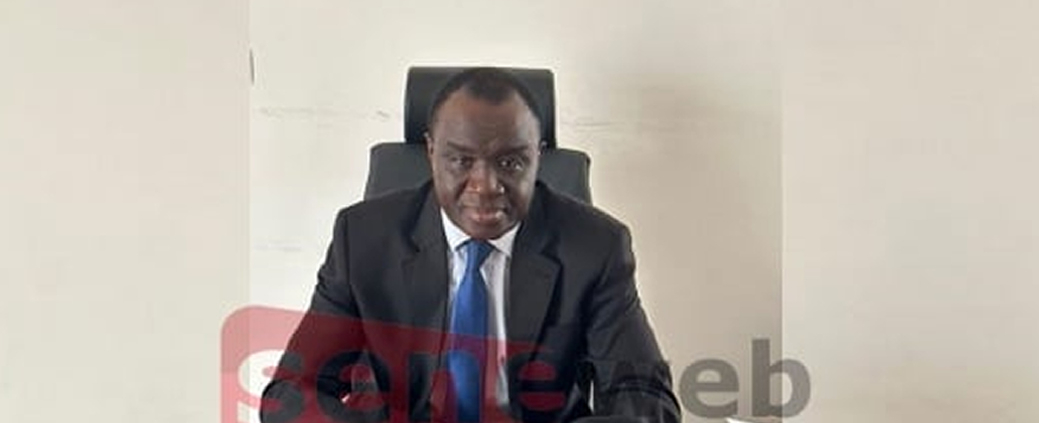Senegal –SENEGAL’S PUBLIC PROCUREMENT SYSTEM
Dr Oumar Diokhané’s uncompromising diagnosis
In a lengthy article entitled “The Senegalese Public Procurement System in the Age of Sovereignism”, Dr Oumar Diokhané, with his keen expert eye, gives a striking account of the ills that
plague public procurement. At first glance, Dr Oumar Diokhané begins by addressing the fundamental issue of public procurement for the economic and social development of states. In his opinion, including public procurement contracts, public service delegations and public-private partnership contracts, it represents between 15% and 17% of the GDP of the Member States of the West African Economic and Monetary Union (WAEMU). In Senegal, public procurement alone accounts for between 15% and 20% of GDP. In 2017, registered contracts amounted to 1,545 billion CFA francs, rising to 4,000 billion in 2024 (source: ARMP). Aside from their economic importance, Dr Diokhané stresses that public procurement remains a critical factor in project management, and that governments and public managers must give it all the attention it deserves.
In 2007, Senegal internalized the public procurement directives issued by the WAEMU. This led to the creation of the regulatory function, the status of community enterprise and the reshaping of
a priori control. This being the case, it defines the regulation of public procurement as “all actions intended to prevent or correct harmful deviations in the procurement system as a whole, and to
envisage appropriate changes to ensure that it is in line with current realities, while respecting the fundamental principles governing public procurement”.
Dr Diokhané asked whether, despite all the reforms Senegal has undergone since 1960, our public procurement system is up to the challenges of the day. He deplored the fact that 64 years after independence, Senegal has still not managed to free itself from a hybrid public procurement system, following the example of many countries in the WAEMU zone. In his view, the Senegalese public procurement system is trapped by procedures over which Senegal has no control, and the consequence is a slowdown in the implementation of development projects. For example, he points out that, in recent years, the issue of buyer expertise has been a major cause for concern, despite the efforts made by ARMP, now ARCOP, which is continuing its mission of steering the public procurement training system in tandem with its role as regulator.
Dr Oumar Diokhané condemns the fact that some bilateral cooperation partners finance projects and systematically entrust implementation to agencies of the nationality of their country of origin. Others, more subtly, position foreign firms in competitive tendering procedures, the outcome of which is often favorable to them. “We have observed on certain projects financed by partners that the procurement phase can last up to a year. Even though some development partners have relaxed or abandoned the double-checking system, this practice in project implementation persists in many projects financed with external aid”, he notes with regret. In his view, this practice can introduce certain biases and lead candidates for contracts to develop strategies to limit competition or capture buyers.
The other problem identified in the Senegalese public procurement system relates to the existence of abnormally low bids and the lack of effective tools for managing them. The selection of abnormally low bids not only has an impact on financial satisfaction, but is often the cause of poor quality, longer deadlines and disputes.
Challenges and prospects
We agree with certain authors that the challenge of reform in the coming years will have to concern procedures, methods, the organizational structure of the public procurement sector and human
resources. One of the key reforms that will need to be considered is the separation of the strategic functions of project identification from the operational functions of conducting the procurement procedure, along the lines of what is done in other public procurement systems where overall performance is better. Similarly, the new ARCOP will have to refocus on its main mission of regulating the public procurement system and rely on the private sector for issues relating to the development of the skills of the players involved.




